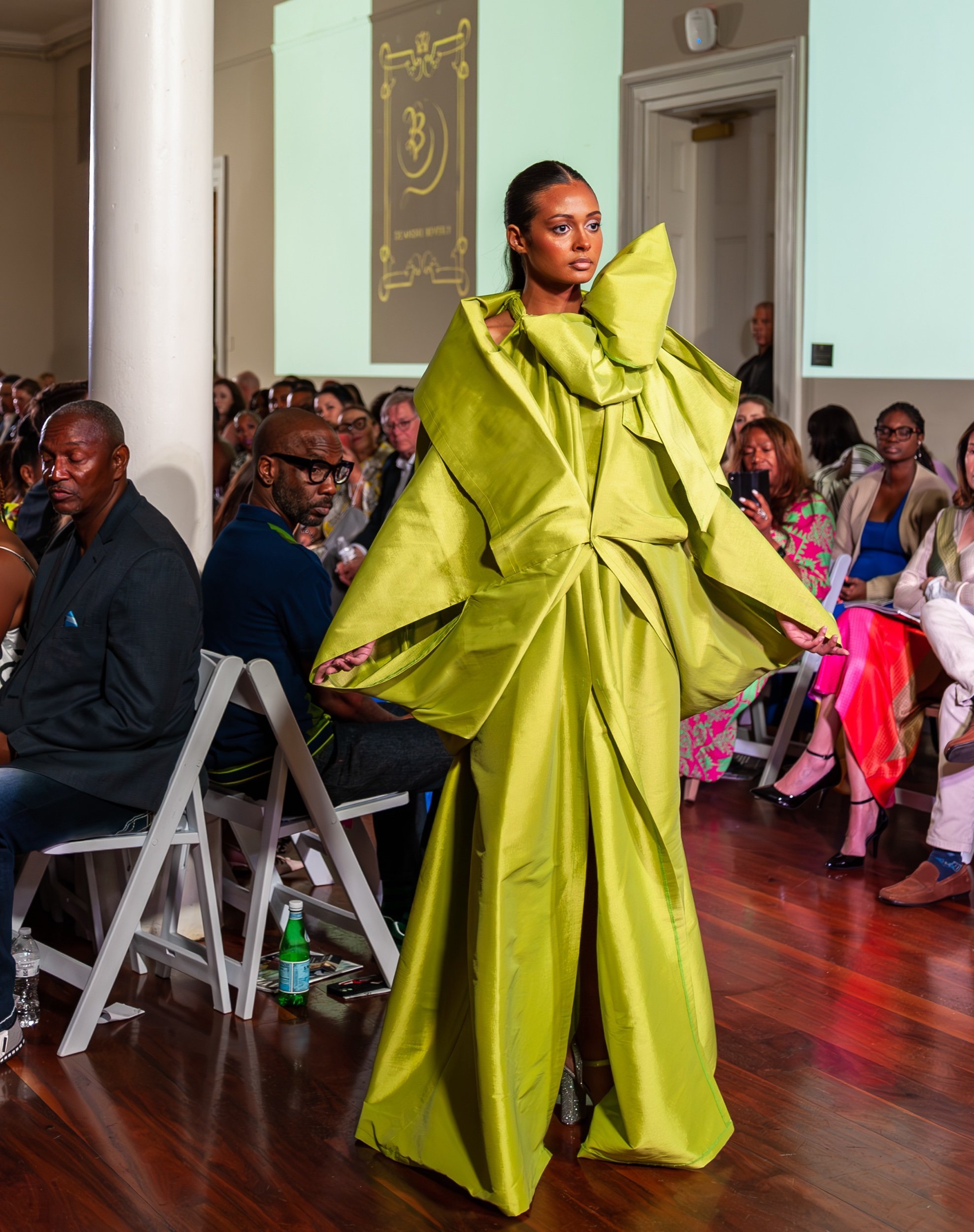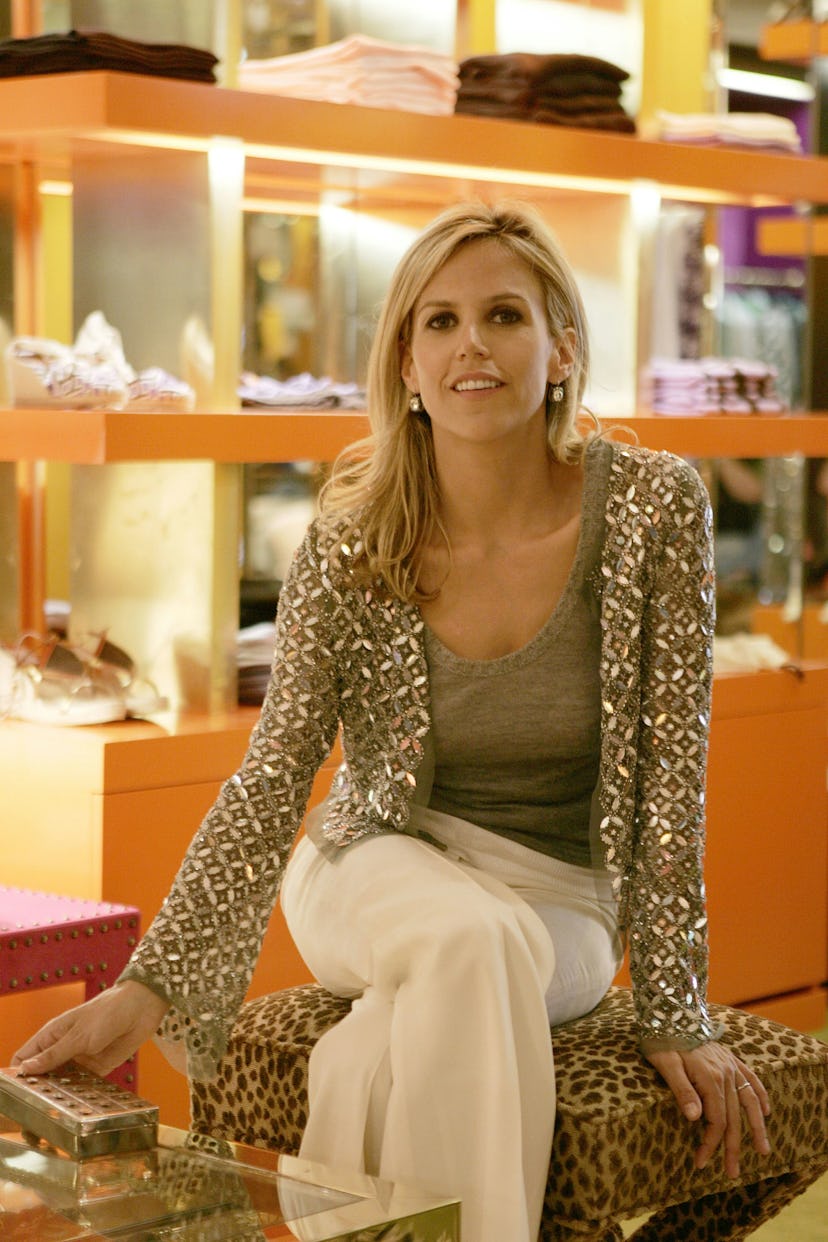Premium Fashion Sedgars Unveils Its Must-Have Winter Pieces
Wiki Article
The Influence of Lasting Practices on Modern Style Styles
Sustainable practices have actually improved contemporary style, driving a change towards environmentally friendly products and ethical manufacturing. Designers currently prefer organic cotton, recycled fabrics, and cutting-edge textiles. Upcycling has actually transformed waste right into one-of-a-kind garments, while transparency in sourcing has actually ended up being crucial. This advancement shows an expanding recognition amongst customers regarding their purchasing options. As the sector adapts, new fads emerge that difficulty traditional aesthetics. What might the future hold for style in this structure?The Rise of Eco-Friendly Products
Just how have environmentally friendly products changed the apparel industry? The emergence of environmentally friendly products has actually significantly improved fashion, driving brands to reevaluate their sourcing and manufacturing processes. These sustainable options, consisting of organic cotton, hemp, and recycled polyester, provide a lowered environmental footprint compared to typical textiles. Designers are now focusing on these materials, acknowledging that customers increasingly favor brands committed to sustainability.This shift has brought about innovative methods, where fashion homes trying out naturally degradable textiles and all-natural dyes, boosting both visual allure and ecological responsibility. Additionally, collaborations between designers and sustainability-focused companies have accelerated the combination of eco-friendly products right into mainstream collections.As an outcome, the garment industry is experiencing a profound yet gradual change, moving in the direction of an extra lasting future. This commitment not only mirrors advancing customer values but additionally shows the capacity for fashion to lead in environmental stewardship.Upcycling: Changing Waste Into Style
Upcycling has emerged as a transformative force in the apparel industry, transforming disposed of products into preferable garments and devices. This ingenious technique not only reduces waste however likewise motivates imagination and creativity among developers. By repurposing products such as old clothes, material scraps, and even non-textile materials, upcycling creates unique items that inform a tale, showing private style and ecological consciousness.Many independent developers and contemporary brands have actually accepted upcycling as a core practice, appealing to customers who value sustainability and uniqueness. The procedure frequently entails methods like decoration, patchwork, or reconfiguration, permitting unlimited possibilities in layout. Consequently, upcycled style resonates with those looking for to make environmentally accountable choices while still revealing personal aesthetics.In significance, upcycling not only mitigates the environmental effect of fashion waste yet likewise cultivates a new culture of technology and gratitude for workmanship within the industry.Ethical Production: Fair Labor and Openness
Ethical production in vogue emphasizes the significance of reasonable incomes for workers, making certain that laborers receive simply settlement for their efforts. Transparency in supply chains is necessary, permitting consumers to understand the origins of their garments and the conditions under which they are made. Furthermore, moral sourcing practices promote obligation in choosing products, reinforcing the commitment to sustainability and social justice.Fair Salaries for Employees
While the style industry progressively welcomes sustainable practices, making sure reasonable salaries for employees stays a critical component of moral manufacturing. Fair incomes not just encourage employees however likewise improve the general lifestyle for individuals in the supply chain. Many brands are currently taking on plans that focus on equitable payment, acknowledging that a sustainable future can not be improved exploitation. By dedicating to fair pay, companies foster commitment and boost performance amongst their employees (Sedgars South Africa). Furthermore, consumers are becoming much more mindful of labor problems and are significantly demanding openness concerning employees' civil liberties. Consequently, brands that focus on fair salaries are not only straightening with moral requirements however are likewise positioning themselves competitively in a market that worths social dutyOpenness in Supply Chains
The dedication to fair wages is inherently connected to the broader concern of openness in supply chains within the apparel industry. Openness assurances that customers are educated about the beginnings of their clothes and the problems under which they are created. Brand names that prioritize openness commonly publish in-depth reports describing their supply chain processes, labor methods, and sourcing of products. This openness cultivates count on and commitment among consumers that progressively demand honest practices. Transparency aids to hold business answerable for their labor practices, making it possible for scrutiny and motivating renovations. By revealing the intricacies of their supply chains, brand names can add to a much more fair fashion ecological community, eventually advertising not only moral production yet also lasting consumption amongst their clients.
Honest Sourcing Practices
As consumers come to be a lot more conscious of the effect of their buying decisions, brand names are significantly embracing moral sourcing methods that prioritize fair labor and ecological sustainability. These techniques involve guaranteeing that employees obtain fair salaries, secure working problems, and are treated with dignity. Numerous style companies are moving far from exploitative labor methods and are instead teaming up with providers who follow ethical requirements. Openness in sourcing further enhances consumer depend on, as brands disclose their supply chain methods, enabling consumers to make enlightened choices. This shift in the direction of moral sourcing not just adds to social duty but likewise reverberates with a growing demographic that worths sustainability in fashion. Consequently, ethical sourcing is ending up being a specifying characteristic of modern-day style brands.The Role of Technology in Sustainable Fashion
Although the apparel industry has actually long been connected with waste and contamination, modern technology is increasingly transforming it into an extra sustainable industry. Advancements such as 3D printing enable developers to produce garments with less material waste, while electronic material printing enables on-demand production, lowering excess stock. Furthermore, advancements in reusing modern technologies are promoting the repurposing of fabrics, reducing landfill contributions.In enhancement, data analytics and expert system assistance brands anticipate trends extra precisely, ensuring they produce just what is required. Blockchain innovation enhances openness in supply chains, enabling consumers to map the beginnings of their clothes and verify lasting practices. Wearable innovation is evolving, advertising sturdiness and functionality in style things. With these technological innovations, the fashion market is gradually embracing a more round economic climate model, fostering lasting methods that could redefine its ecological impact.
Mindful Consumerism: Changing Customer Mindsets
Aware consumerism is reshaping the style industry as purchasers increasingly prioritize moral fashion selections. This shift is driven by a demand for openness, compelling brands to divulge their methods and supply chains. As an outcome, brand commitment is developing, with customers more probable to sustain those that align with their values.Moral Fashion Options
Changing buyer mindsets towards moral fashion options mirrors a growing recognition of the impact of consumer habits on the setting and society. Consumers are significantly prioritizing brand names that stress honest production methods, lasting products, and fair labor problems. This adjustment is fueled by a need to sustain companies that straighten with personal worths, promoting a much more liable Designer Store Sedgars garment industry. Because of this, brands are adjusting their strategies, including transparency and sustainability right into their core goals. Ethical fashion selections not just challenge conventional retail methods yet also encourage consumers to assess the lifecycle of their garments. This shift symbolizes a cumulative step in the direction of a much more mindful technique to fashion, where the ramifications of purchases extend past plain aesthetic appeals to include wider social and ecological considerations.Impact of Openness

Brand Loyalty Change
What drives customers to remain devoted to brand names in today's fashion landscape? Progressively, sustainability plays a crucial role. As understanding of ecological concerns grows, consumers are being attracted in the direction of brand names that demonstrate ethical methods and openness. This change in the direction of conscious consumerism has caused a reevaluation of typical brand loyalty, where worths straighten extra closely with personal principles. Brand names that focus on lasting products, reasonable labor techniques, and environmentally friendly manufacturing approaches are often awarded with consumer commitment. This advancement is mirrored in acquiring choices, as customers are extra going to support brand names that add favorably to culture. Consequently, sustainability has actually become not just a marketing device, but a defining consider developing enduring brand links with a much more discerning and socially aware consumer base.The Influence of Sustainable Fashion on Patterns
As consumers increasingly focus on sustainability, the fashion business is experiencing a significant makeover in patterns. This shift has actually caused the increase of environmentally friendly materials, such as natural cotton, recycled polyester, and ingenious fabrics stemmed from sustainable resources. Designers are significantly concentrated on creating functional, resilient garments that encourage conscious usage, moving far from fast style's fleeting styles.Moreover, moral methods are ending up being a characteristic of brand identification, with lots of companies highlighting their dedication to fair labor and environmental stewardship. The influence of lasting fashion is additionally apparent in the appeal of thrift purchasing and clothes swaps, minimizing and advertising a circular economic situation waste.Fashion programs and campaigns currently typically include sustainable collections, highlighting the visual appeal of eco-conscious options. Overall, the effect of lasting style on trends shows a more comprehensive social shift towards liable consumerism, forming the future of the industry in profound methods.Future Technologies in Eco-Conscious Design
The development of lasting style trends prepares for future technologies in eco-conscious design. As consumers progressively focus on environmental responsibility, designers are checking out cutting-edge materials and strategies. Biodegradable materials, such as mycelium and algae-based fabrics, are acquiring traction, assuring to reduce waste and dependence on petroleum-based fibers.Moreover, advancements in innovation are paving the method for innovative manufacturing approaches. 3D printing, for example, enables on-demand manufacturing, minimizing excess stock and source intake. Round fashion models are likewise arising, stressing recycling and upcycling, enabling garments to have actually expanded life cycles.Collaboration in between brand names and technology companies is vital for these technologies. By leveraging information analytics and expert system, designers can create more lasting supply chains and reduce their carbon footprints. As eco-conscious methods remain to advance, they basically change the style landscape, pressing the borders of imagination while securing the planet.Frequently Asked Inquiries
Just How Can I Determine Sustainable Style Brands When Buying?
To determine sustainable style brand names while shopping, one ought to search for accreditations, look at products, assess production transparency, and research brand values. Sedgars Designer Fashion. Involving with customer testimonials and sustainability records can even more direct informed investing in choicesAre Second-Hand Clothing Thought About Lasting Fashion?
Used clothing are often regarded as lasting fashion as a result of their function in lowering waste and prolonging the lifecycle of garments. By purchasing secondhand products, customers contribute to an extra environment-friendly clothing economic climate.What Is the Ecological Effect of Fast Style?
The environmental influence of fast style is significant, adding to pollution, extreme waste, and source depletion. The market's rapid production cycles usually prioritize revenue over eco-friendly sustainability, intensifying environment change and hurting environments worldwide.How Do Sustainable Practices Affect Style Pricing?
Lasting techniques typically bring about higher manufacturing costs because of honest sourcing and environmentally friendly materials. Sedgars. Subsequently, style pricing might increase, reflecting the investment in ecological duty and fair labor methods, which can influence customer buying decisionsCan Sustainable Fashion Be Trendy and stylish?
The question of whether sustainable style can be fashionable and elegant usually emerges. Several developers now blend environmentally friendly materials with innovative designs, confirming that sustainability and modern aesthetics can coexist, interesting a fashion-conscious target market. Sustainable practices have actually improved contemporary style, driving a change towards eco-friendly products and honest production. While the style market progressively embraces lasting methods, ensuring reasonable salaries for workers continues to be an essential element of ethical manufacturing. Conscious consumerism is improving the fashion sector as purchasers increasingly focus on ethical style options. The impact of sustainable fashion is likewise obvious in the popularity of second hand shopping and apparel swaps, promoting a round economic climate and minimizing waste.Fashion programs and campaigns currently frequently include sustainable collections, highlighting the visual charm of eco-conscious selections. To identify lasting style brands while buying, one should look for accreditations, look at materials, examine manufacturing transparency, and research study brand name values.Report this wiki page